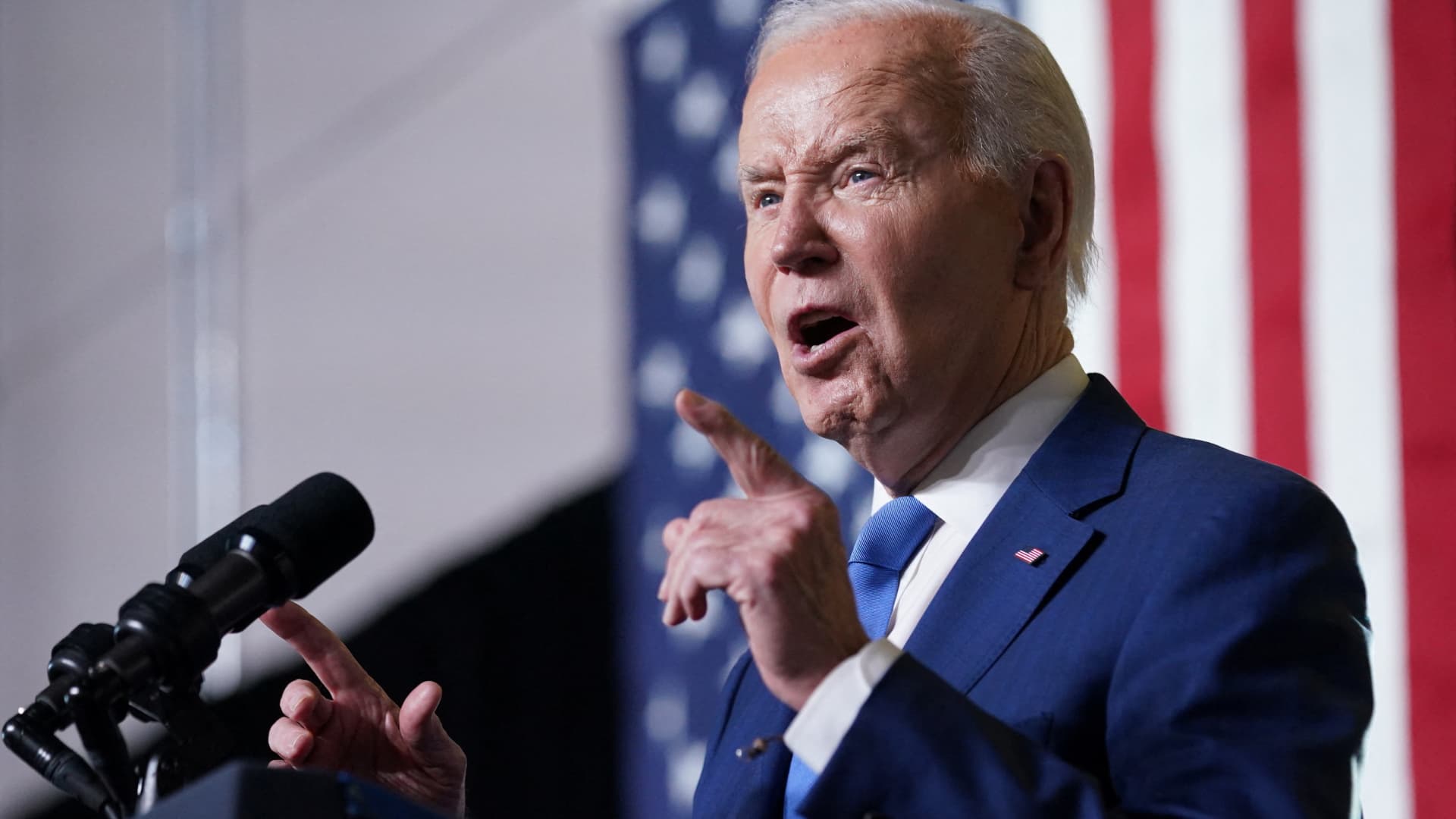particular, raises concerns about the potential for civilian casualties in densely populated areas like Rafah.
The decision to pause the shipment of heavy bombs to Israel reflects a growing tension between the Biden administration and the Netanyahu government over the handling of the conflict in Gaza. Biden’s emphasis on protecting civilian lives and avoiding civilian casualties marks a significant shift in U.S. policy towards Israel.
As the situation in Rafah continues to unfold, the Biden administration faces pressure from both sides of the political spectrum. Critics on the right argue that withholding essential weapons from Israel could weaken its ability to defend itself, while some on the left call for a more significant reevaluation of U.S. support for Israel in light of the ongoing conflict.
The decision to pause the shipment of heavy bombs is likely to have broader implications for U.S.-Israel relations and could impact future military assistance to Israel. It signals a shift in U.S. policy towards prioritizing the protection of civilian lives in conflicts like the one in Gaza.
Overall, the decision reflects the complex dynamics at play in the Middle East and the challenges of balancing U.S. interests with humanitarian concerns in conflict zones. As the situation in Rafah continues to evolve, the Biden administration will face further scrutiny and pressure to navigate these complex issues effectively.

